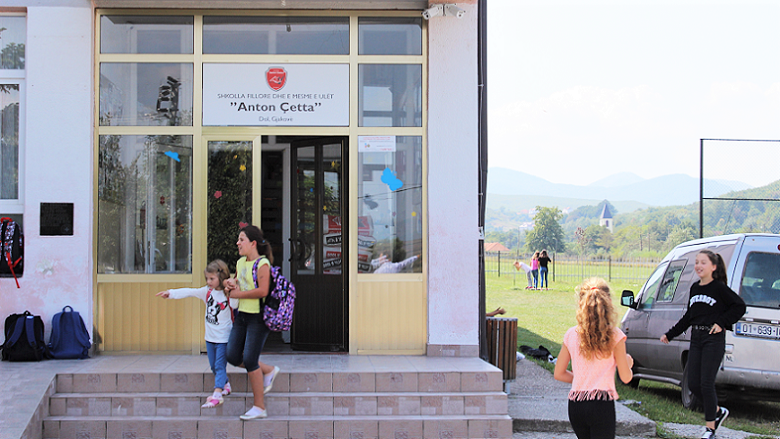With support by the World Bank, these pilot projects are now being scaled-up. Under the Kosovo Digital Economy (KODE) project, approved in July 2018 by the World Bank Board of Directors, more than 200 villages around Kosovo are expected to obtain high-speed broadband by 2023 - with schools and hospitals connecting free-of-charge for five years. It is projected that over 60,000 rural inhabitants will benefit from this intervention.
“In cooperation with the World Bank, we have conducted a series of studies to learn the current situation regarding broadband infrastructure in Kosovo, from the technological, financial and business aspects,” explains the head of the ICT Department at the Ministry of Economic Development, Agim Kukaj.
“This investment will position Kosovo well to reap the benefits of digital opportunities. More people, including those living in under-served rural areas, will have access to labor markets, new sources of knowledge, and better public services,” adds Kukaj.
World Bank Country Manager for Kosovo, Marco Mantovanelli, concurs.
“The project will deepen Kosovo’s connections to the global economy, which is critical for growth and development throughout the country.”
In addition to closing broadband infrastructure gaps in rural areas, the project will facilitate more access to knowledge, information, and services among Kosovars by supporting the development of a National Research and Education Network (NREN) and a Digital Awareness Program, specifically targeting households in areas where fixed broadband connectivity will be deployed for the first time through the project.
Colleges and universities will also get a major boost to their connectivity by linking to GÉANT - a network that connecs Europe’s national research and education networking organizations via a highly resilient, pan-European broadband backbone.
The project will also establish a Youth Online and Upward Program, which aims to train 2,000 young men and women in front-end web development, graphic design, and search engine optimization. It is expected that unemployed and underemployed youth - many from rural areas - could earn money through online freelance activities and even obtain full-time jobs for the first time, with modest investment in training.
The KODE project is financed with a credit from the International Development Association (IDA) of the World Bank Group, on concessional terms. The financing for this project has a maturity of 25 years, including a 5-year grace period.



